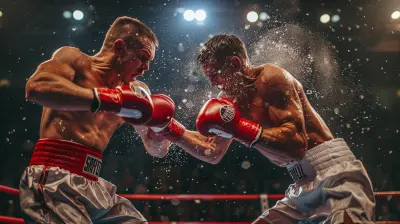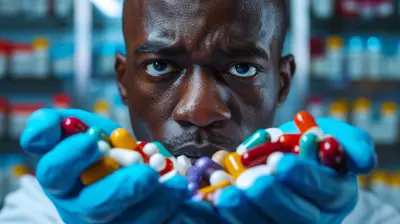The Importance of Ocean Conservation for Surfers
30 June 2025
If you're a surfer, you already know that the ocean is more than just a playground—it's home. There’s nothing quite like the thrill of paddling out to catch the perfect wave, feeling the salt on your skin, and being at one with nature. But what if our beloved waves were no longer rideable? What if pollution, climate change, and human negligence made the ocean unsafe for surfers?
Ocean conservation isn’t just an environmentalist's concern—it's a surfer’s responsibility. If we want to keep riding clean, healthy waves, we need to protect the source. Let’s dive into why ocean conservation is crucial for surfers and what we can do to make a difference. 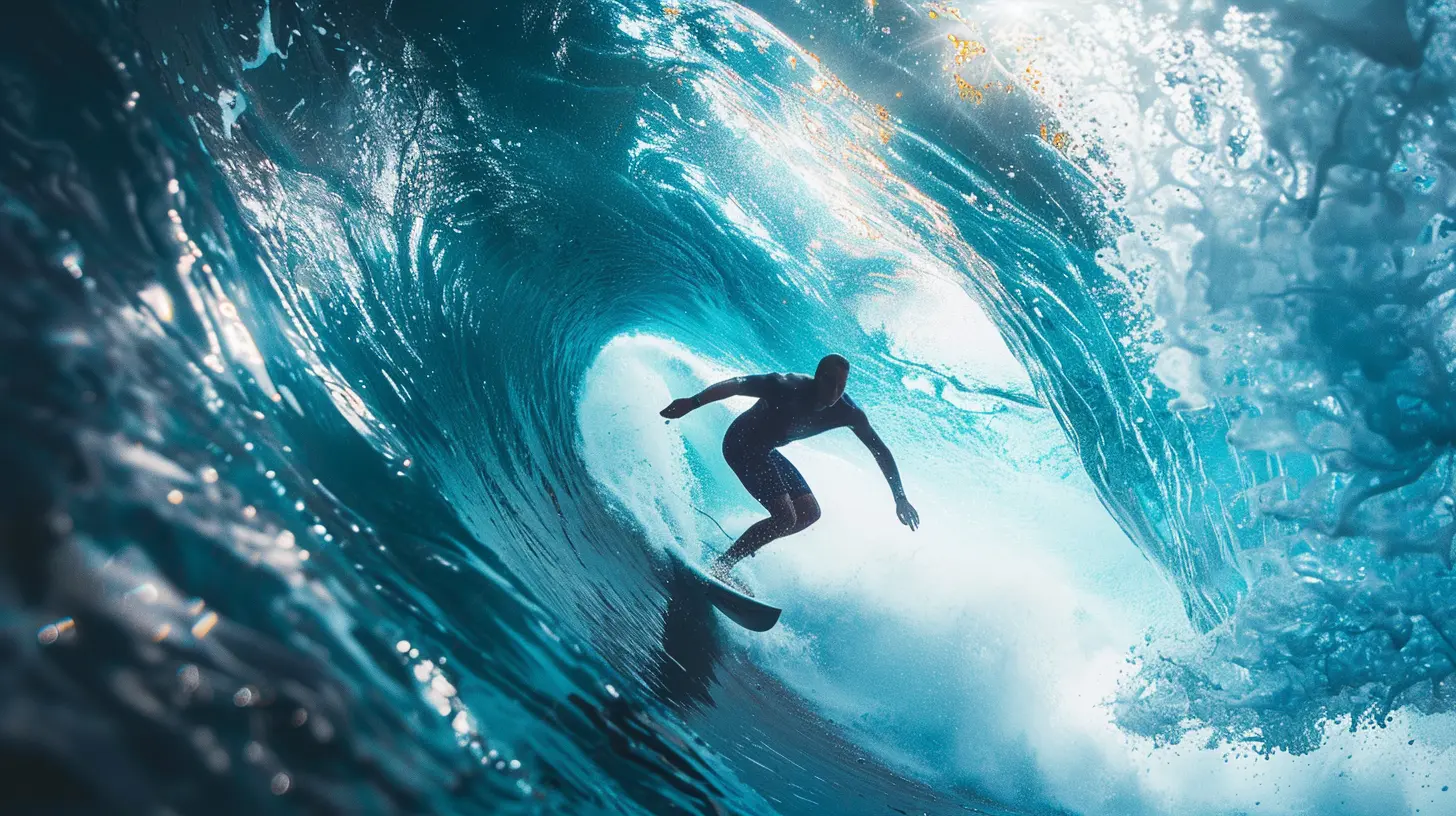
1. The Ocean Gives Us Waves—We Owe It Respect
Surfers and the ocean have an unbreakable bond. Without the ocean, there are no waves. Without waves, there’s no surfing. It’s that simple! But the ocean isn’t just a never-ending supply of swells—it’s a delicate ecosystem that needs balance to thrive.Pollution Ruins the Stoke
Imagine paddling out for a session only to find plastic bags floating alongside you. Or worse—encountering an oil slick that makes the water toxic. Ocean pollution, from plastic waste to chemical runoff, is a massive problem that affects water quality and marine life.When the ocean is polluted, surfers suffer. Dirty water can cause infections, skin irritation, and even more serious health risks. No one wants to get sick after a surf session!
Climate Change Affects Wave Quality
You might not think about climate change when you’re carving up a perfect barrel, but global warming directly impacts wave consistency and quality. Rising sea levels and increased storm activity are altering wave patterns, eroding coastlines, and damaging reefs—some of the very things surfers rely on for epic waves.If we don’t take action, we might end up in a future where perfect surf breaks vanish or become too dangerous to ride. 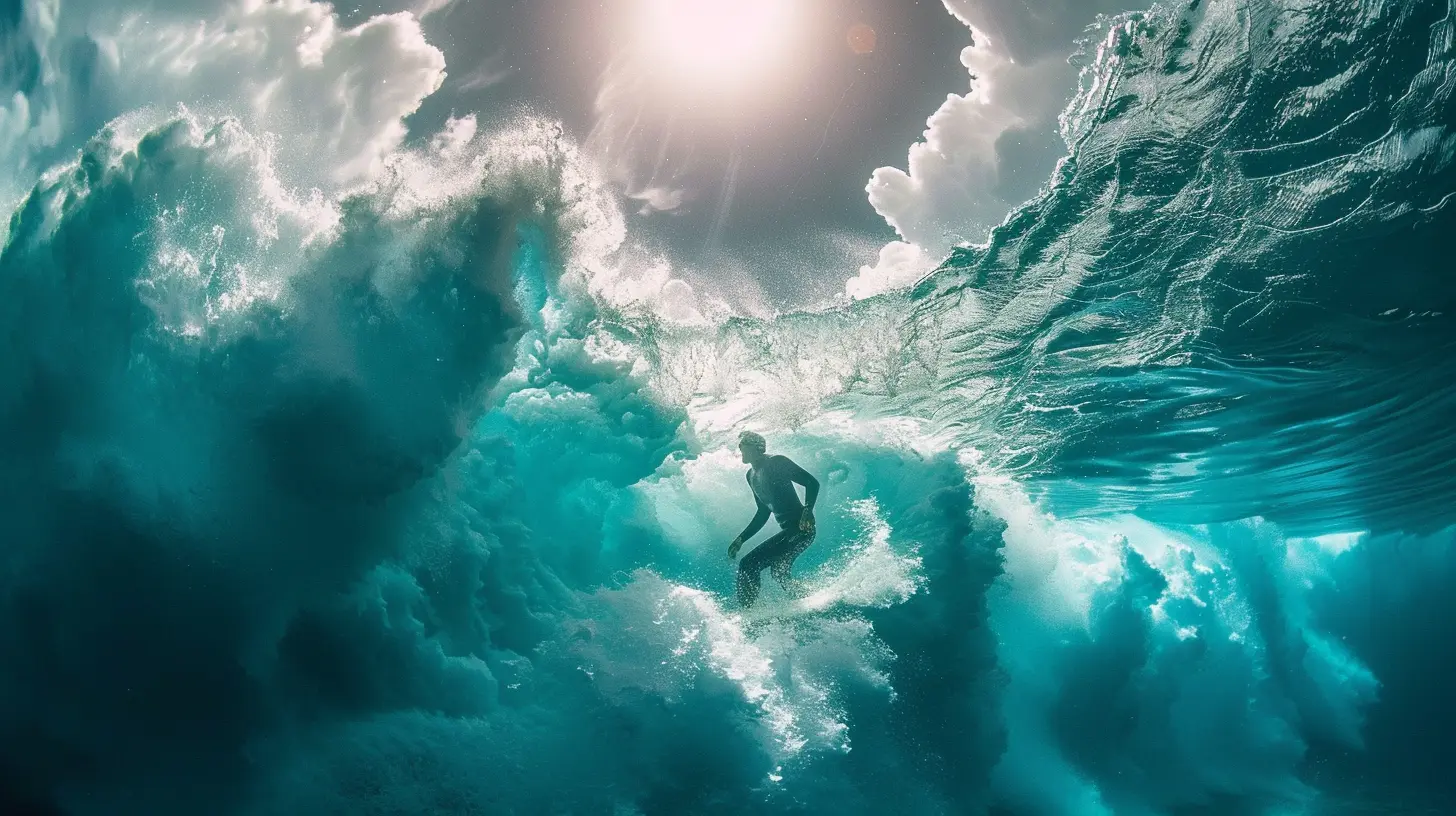
2. Marine Life Is Part of the Surfing Experience
Think about the last time you saw a dolphin cruising through the lineup or a sea turtle popping up for air. These moments make surfing even more magical. But marine life is struggling due to human activity.Coral Reefs Are Dying
Reefs aren’t just beautiful underwater gardens; they also help shape some of the best waves on the planet. Unfortunately, pollution, rising ocean temperatures, and overfishing are causing catastrophic coral bleaching. Without reefs, we lose biodiversity, and many surf spots would never be the same again.Plastic Is Killing Ocean Creatures
Every year, millions of marine animals die because of plastic pollution. Turtles mistake plastic bags for jellyfish. Fish ingest microplastics. Whales wash up with stomachs full of garbage. This pollution isn’t just harming sea life—it’s affecting us, too.As surfers, we share the ocean with these creatures. If we want to keep surfing in a thriving, biodiverse environment, we need to do our part to stop plastic from entering the ocean. 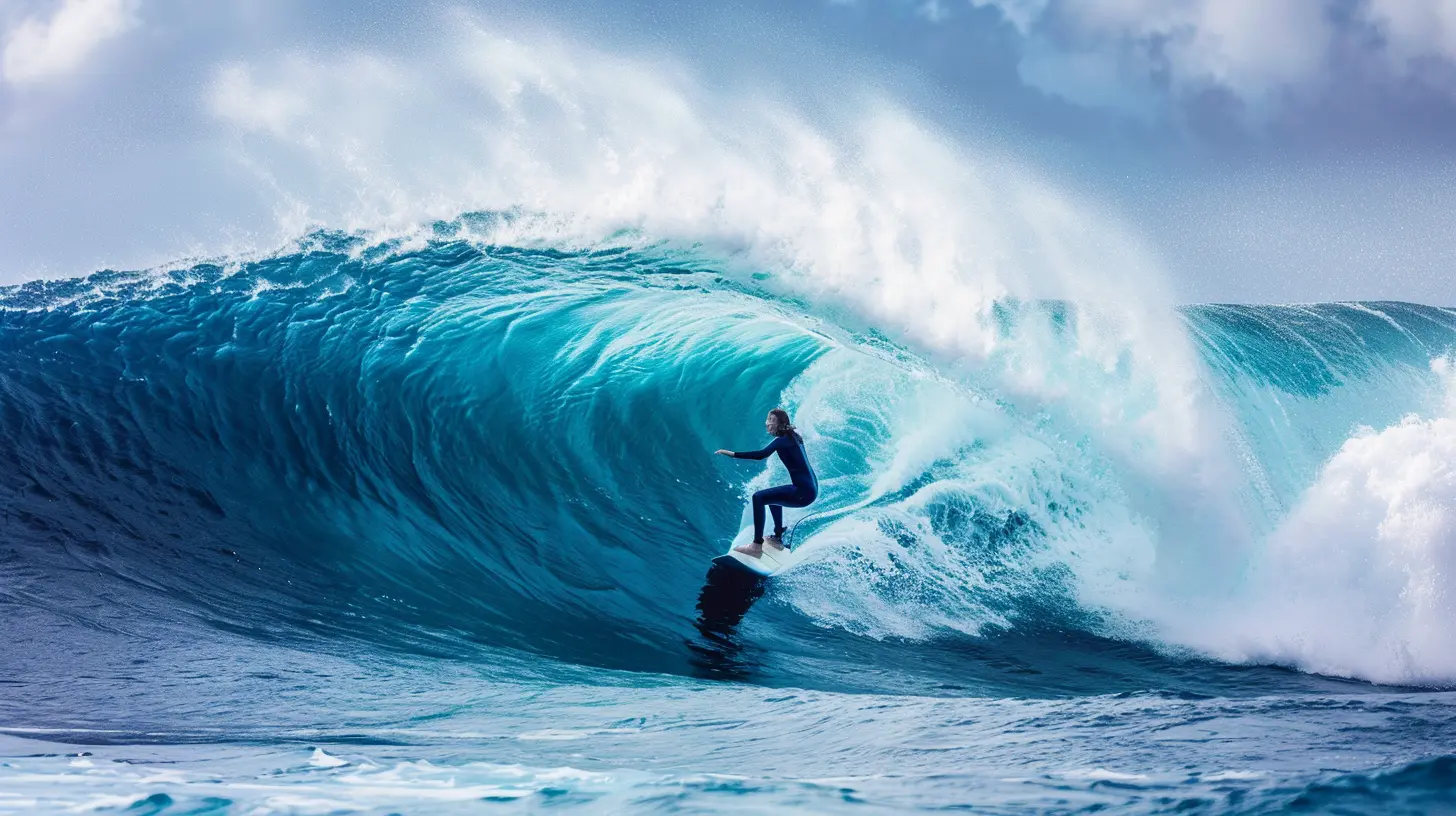
3. Water Quality Matters for Surfers' Health
There’s nothing worse than getting sick after a surf session. Contaminated water is a serious concern, especially in urban coastal areas where wastewater and industrial pollution can seep into the ocean.Surfer’s Ear and Bacterial Infections
Constant exposure to polluted water increases the risk of surfer’s ear (a painful condition where bone grows inside the ear canal) and bacterial infections. Cuts and scrapes can easily become infected if you’re surfing in dirty water.Red Tides and Algal Blooms
Ever heard of red tides? These harmful algal blooms release toxins that can irritate the skin, and eyes, and even cause respiratory issues. They’re directly linked to pollution and climate change.Keeping the ocean clean isn’t just an environmental issue—it’s a health issue for every surfer who paddles out. 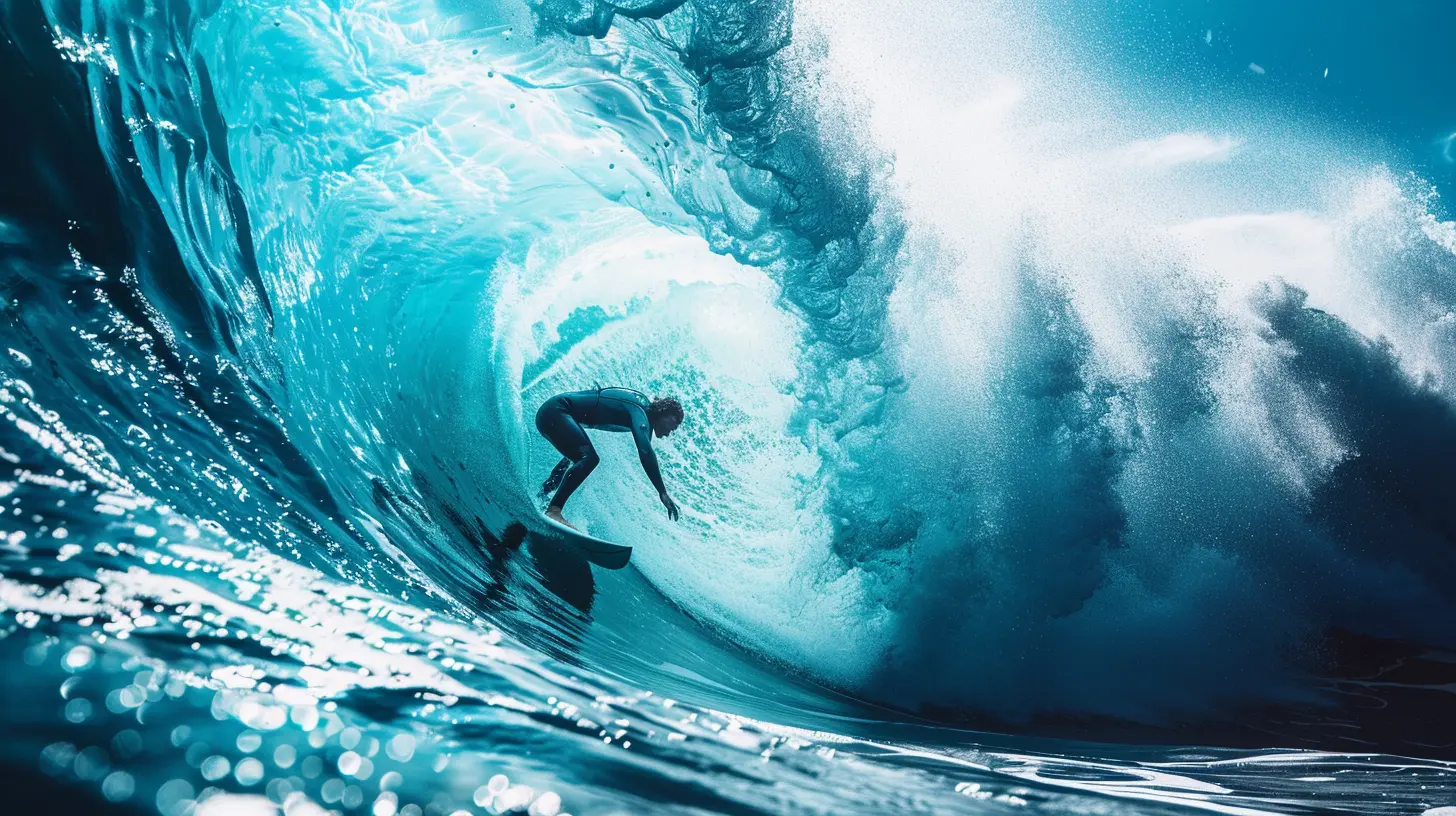
4. Ocean Conservation Isn't Just for Environmentalists—It's for Surfers
Some people think ocean conservation is all about scientists and activists chaining themselves to oil rigs. But in reality, every single surfer has a role to play in protecting the ocean.Simple Ways to Help
You don’t need to be a marine biologist to make a difference. Small actions add up:- Pick up trash—Every piece of plastic you remove from the beach is one less threat to marine life.
- Use reef-safe sunscreen—Many sunscreens contain chemicals that harm coral reefs. Opt for mineral-based sunscreens instead.
- Be mindful of plastic—Reduce single-use plastics in your daily life. Bring a reusable water bottle and say no to plastic straws.
- Support ocean-friendly brands—Many surf brands are now using sustainable materials and ethical production methods.
- Join a beach cleanup—Getting involved with local conservation efforts can make a big impact.
Vote with Your Dollar and Your Voice
Support businesses and organizations that are committed to protecting marine environments. Speak up when you see pollution issues in your community. Governments and corporations pay attention when enough people demand change.5. The Future of Surfing Depends on Ocean Conservation
If we want future generations to experience the joy of surfing, we need to act now. The ocean isn’t an unlimited resource—it’s a fragile ecosystem that requires respect and care.Imagine a world where perfect waves still roll in, where water is crystal clear, and where marine life thrives alongside surfers. That’s the world we should be fighting for.
So next time you’re sitting on your board, waiting for the next set to roll in, remember that the ocean gives us everything. It’s time we give back.
Final Thoughts
As surfers, the ocean is our second home. If we don’t take care of it, we risk losing everything we love about surfing. Ocean conservation isn’t just an environmental movement—it’s a call to action for every surfer who values clean waves, thriving marine life, and a sustainable future for our sport.Whether it’s picking up trash, reducing plastic use, or supporting eco-friendly surf brands, every effort counts. The ocean has given us so much—it’s time we return the favor.
all images in this post were generated using AI tools
Category:
SurfingAuthor:

Onyx Frye
Discussion
rate this article
1 comments
Zeno Hubbard
Protecting oceans ensures better waves for future surfers.
July 7, 2025 at 2:23 AM

Onyx Frye
Absolutely! Healthy oceans lead to better wave conditions, benefiting surfers and preserving our surf culture for generations to come.

